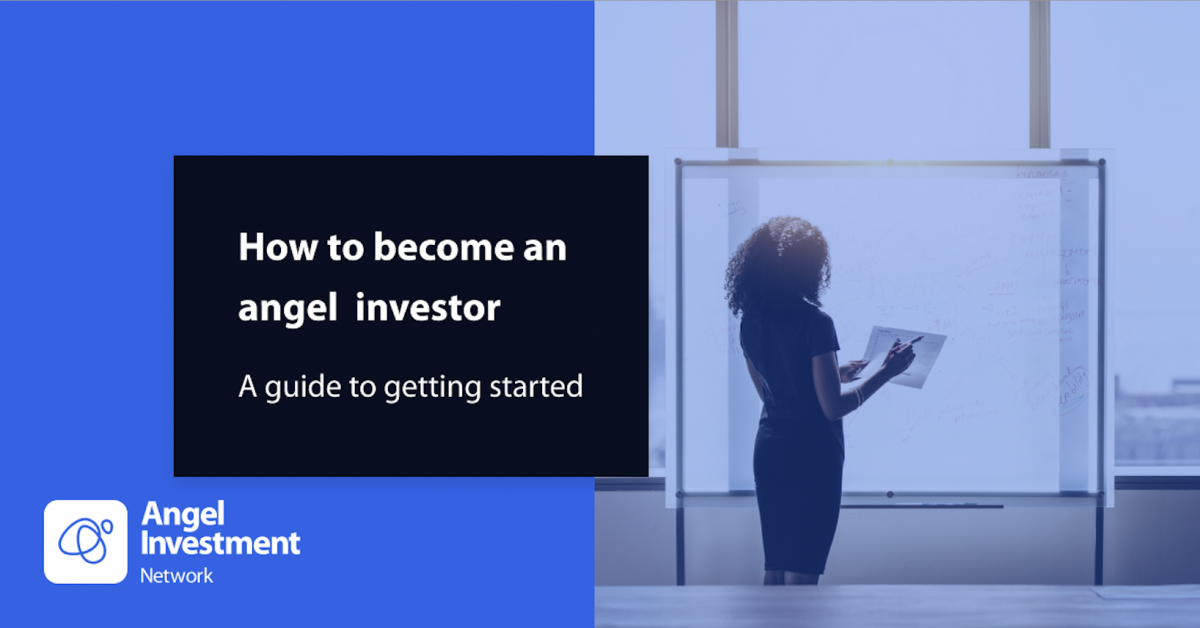2021 saw a record number of investors join Angel Investment Network. We expect to see the trend continue into 2022, with both established investors and new investors joining the platform.
If you are thinking about taking the plunge for the first time and getting involved in backing some of the great businesses of tomorrow, here’s our guide for getting started:
What is an Angel Investor?
An angel investor is an individual who backs one of a startup’s first rounds of funding, investing their own money, rather than a venture capitalist (VC) that invests pooled funds at a later stage.
The term ‘angel’ apparently originally came from Broadway theatre, where wealthy individuals gave money to help bring the theatrical productions to life.
Why should you become an Angel Investor?
Backing startups whilst high risk, opens you up to much higher potential returns than traditional forms of investments. In some countries, governments also provide tax breaks to investors that back startups.
Who can become an Angel Investor?
In the UK, to qualify as an angel investor, you will need to meet the criteria of either a self-certified sophisticated investor or a high net worth investor:
Self-Certified Sophisticated Investors
Self-certified sophisticated investors need to broadly meet at least one of the following criteria:
– Have been a member of an angel network for at least 6 months;
– Made two investments in an unlisted company in the last two years, this could for example include on crowdfunding platforms;
– Work or have worked in the last 2 years in private equity, or providing finance for small and medium enterprises;
– Be a director of a company, or have been in the last 2 years with annual turnover of at least £1 million.
High Net Worth Individual
Achieving high net worth individual status broadly means that you have a salary in excess of £100,000, or net assets excluding property of over £250,000.
US – Accredited Investors
In the US, angel investors are normally (but not always) individuals who have accredited investor status. The Securities and Exchange Commission (SEC) defines an ‘accredited investor’ as one with a new worth of $1million in assets, excluding personal residence, or having earned $200k income for the two previous years, or $300k for married couples.
How much do you need to invest?
Whilst startup ticket size varies hugely, a typical amount that an angel investor might invest is between £10k and £50k in the UK, and $25k to $100k in the US.
Should I diversify?
Many investors aim to diversify their investments by building a portfolio with 10+ investments, in the hope that a few successes will counter any companies that are unsuccessful, leading to a positive Internal Rate of Return (IRR) on their portfolio.
How do you get started?
On the Angel Investment Network platform you can set preferences for the kind of deals that you are interested in and get relevant opportunities sent to you, or use the search facility to find deals worldwide.
Providing you either meet the criteria of a self certified investor or a high net worth individual, you can sign up as an investor on Angel Investment Network here.



